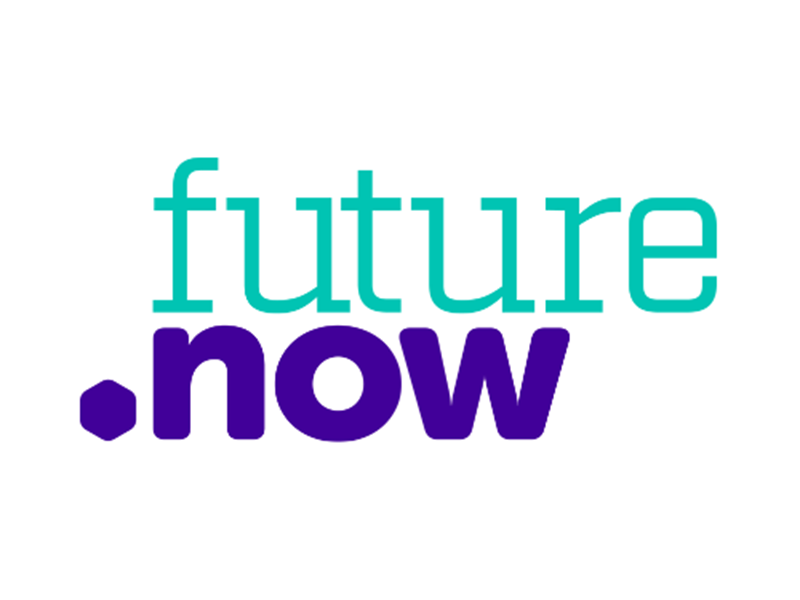When talking about gaps in digital skills, many employers may automatically think of the skills needed to do advanced tasks such as software development and data analysis. Or alternatively think about the most fundamental skills, missing by those who are still unable to even get online. And while all these skills are important, there is a more worrying gap - the hidden middle that sits between these two points. Millions of people are online but are still without the essential digital skills we might assume most people have. This gap is going unnoticed, and it presents an increasing barrier to many UK employers in thriving both at home and internationally.
The Department for Education’s Essential Digital Skills Framework, is a list of essential digital tasks split into 5 skill areas, that apply in both life and work and there are 20 specifically targeted at those required in work.
The five areas are:
- Communicating – make sure your workforce can use digital tools or messaging applications to communicate and collaborate. This could be from something as basic as using email through to tools to help people share and create together in a more effective way such as Slack or OneDrive.
- Handling information and content – can your workforce understand and follow your IT policies and work securely across different devices?
- Transacting – can your workforce complete digital records (e.g., timesheets or tax returns) or accessing salary and tax information digitally?
- Problem solving – can your workforce use digital tools to improve productivity, find information to solve work related problems, or use the day-to-day software they need regularly?
- Being safe and secure online – Does your workforce know how to stay safe online, whether it be understanding online threats, setting appropriate privacy and security settings or knowing how to prevent viruses and risks?
The latest Lloyds Consumer Digital Index (CDI), estimates 22% (circa 8.6 million) of the current adult labour force lack at least one digital skill in each of those five areas. And, as only 43% report proficiency in all 20 tasks, it means over half of working adults in the UK could benefit from improving their digital skills. Alarmingly 5% don’t have any of the digital skills considered essential for the workplace.
Among unemployed working age adults, a stark 20% have none of the Essential Digital Skills for Work. 47% have some, and only 33% have all 20 essential work skills.
What can Good Employers do?
The hidden middle and Unpacking the hidden middle reports will give an understanding of the problem.
For employers, they can help you to think about what it means for your organisation and the risks faced if no action is taken. Plus, they will help highlight the opportunities available if you do actively address the essential digital skills gap in your workforce.
Closing the gap isn’t just about the benefits for your organisation and the local economy, it’s a great place to demonstrate forward thinking as a good employer. It can be a valuable starting point to have a dialogue with employees around the opportunities they see to help the organisation become digitally ready.
At the beginning you may find people nervous about being honest about lacking digital skills. Try and make it as easy as possible for them to feel comfortable opening up. Don’t forget that gaining digital skills benefits your employees as well. Whether it be online banking, booking a GP appointment or finding the best deal for their holiday, being able to do things online, and in a safe, secure way is important. This might be helpful to keep in mind when discussing digital skills and helping people feel empowered to gain them.
If you’re a small organisation, taking time out probably feels impossible. So, to make it quick and easy, prioritise one of the top 10 Essential Digital Skills people struggle with (page 9 of Unpacking the hidden middle), thinking about what will most benefit your business. Focus on upskilling yourself and your team and applying the skill.
Larger organisations, with someone dedicated to learning and development, might want to start by understanding where the digital skills gaps are in the workforce. If you’d like help with approaches to understanding the gap or baselining, let us know.
Whatever approach you take, make sure everyone has the same opportunity to improve their digital confidence. Remember your workforce is diverse, we all have different learning needs and some people have restricted access to technology. Keep this in mind when offering training - don’t make assumptions and adapt training opportunities where needed.
In the coming months, we will be working with the Greater Manchester Good Employment Charter and Greater Manchester Combined Authority, to support employers with digital skills development and to recognise this as a crucial part of great people management.
Do you want support to get started now?
You can join the FutureDotNow coalition for free. As part of the joining process, we’ll learn a bit more about you, so we can provide you with helpful resources. We’ll also connect you with other coalition members with relevant experience and learning to help you get a head start.
Plus, you’ll join an online community of like-minded organisations across the UK taking action to address the hidden middle. Contact us at hello@futuredotnow.uk
